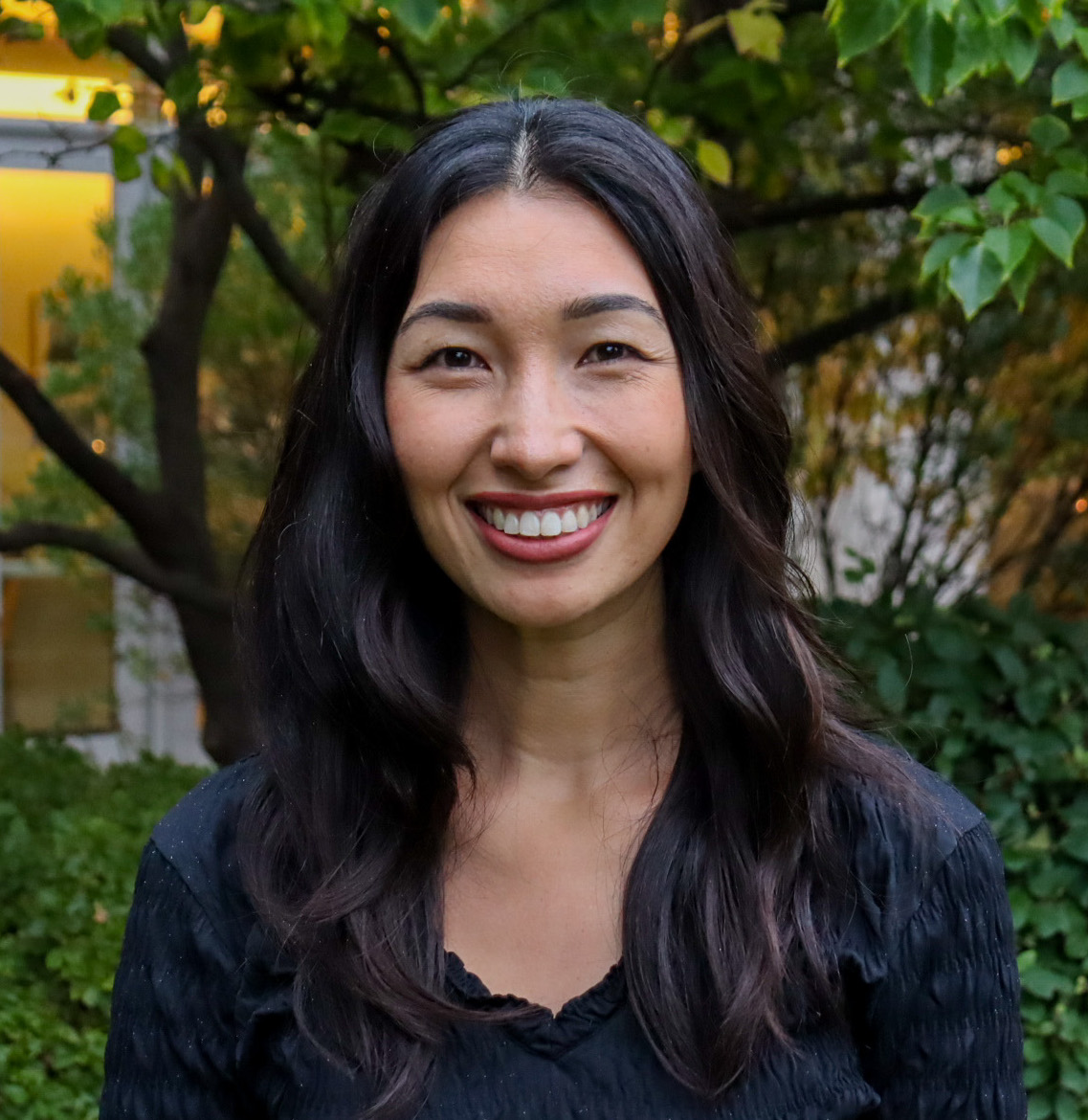
Maddie Chang is a student at Harvard Law School.
In today’s News and Commentary, Seattle becomes the first city in the U.S. to ban caste discrimination, Tesla union’s NLRB charge says their Twitter account has been shadow banned, and New York’s state law protecting worker absences goes into effect.
On Tuesday, Seattle City Council voted 6-1 to outlaw discrimination based on caste, becoming the first U.S. city and first city outside of South Asia to do so. While caste discrimination became officially illegal in India in 1948, violence and discrimination against Dalits persists and affects South Asian communities in the U.S. According to research by Equality Labs, two out of three Dalits surveyed in the U.S. reported being treated unfairly in the workplace, and 25% of Dalits surveyed said they have faced physical or verbal abuse based on their caste. Some scholars and activists understand caste discrimination to already be covered under Title VII. As reported in the AP, Seattle’s ordinance follows a handful of U.S. universities who’ve banned caste discrimination, including against student workers.
As Travis and Greg noted last week, Tesla workers in Buffalo launched a campaign to form a union. The following day, dozens of workers were fired. In the union’s NLRB charge as detailed in Vice, the union also alleges that their Twitter account has been shadow banned. The shadow ban means that the union’s account is unsearchable and their content is less accessible to union members and the wider public. As noted in the NLRB charge, Elon Musk runs both Tesla and Twitter.
A New York state law goes into effect this week that protects workers’ abilities to take absences, as reported in Politico. Absences such as sickness, disability, pregnancy, caregiving obligations, domestic violence leave, jury duty, voting, and donating blood are all protected under this amendment to section 215 of the New York Labor Law. The amendment mandates that employers not “threaten, penalize, discriminate, or retaliate against employees for using absences protected under federal, state, or local law” and allows the New York State Department of Labor to impose civil penalties on employers who violate the policy.






Daily News & Commentary
Start your day with our roundup of the latest labor developments. See all
February 23
In today’s news and commentary, the Trump administration proposes a rule limiting employment authorization for asylum seekers and Matt Bruenig introduces a new LLM tool analyzing employer rules under Stericycle. Law360 reports that the Trump administration proposed a rule on Friday that would change the employment authorization process for asylum seekers. Under the proposed rule, […]
February 22
A petition for certiorari in Bivens v. Zep, New York nurses end their historic six-week-strike, and Professor Block argues for just cause protections in New York City.
February 20
An analysis of the Board's decisions since regaining a quorum; 5th Circuit dissent criticizes Wright Line, Thryv.
February 19
Union membership increases slightly; Washington farmworker bill fails to make it out of committee; and unions in Argentina are on strike protesting President Milei’s labor reform bill.
February 18
A ruling against forced labor in CO prisons; business coalition lacks standing to challenge captive audience ban; labor unions to participate in rent strike in MN
February 17
San Francisco teachers’ strike ends; EEOC releases new guidance on telework; NFL must litigate discrimination and retaliation claims.